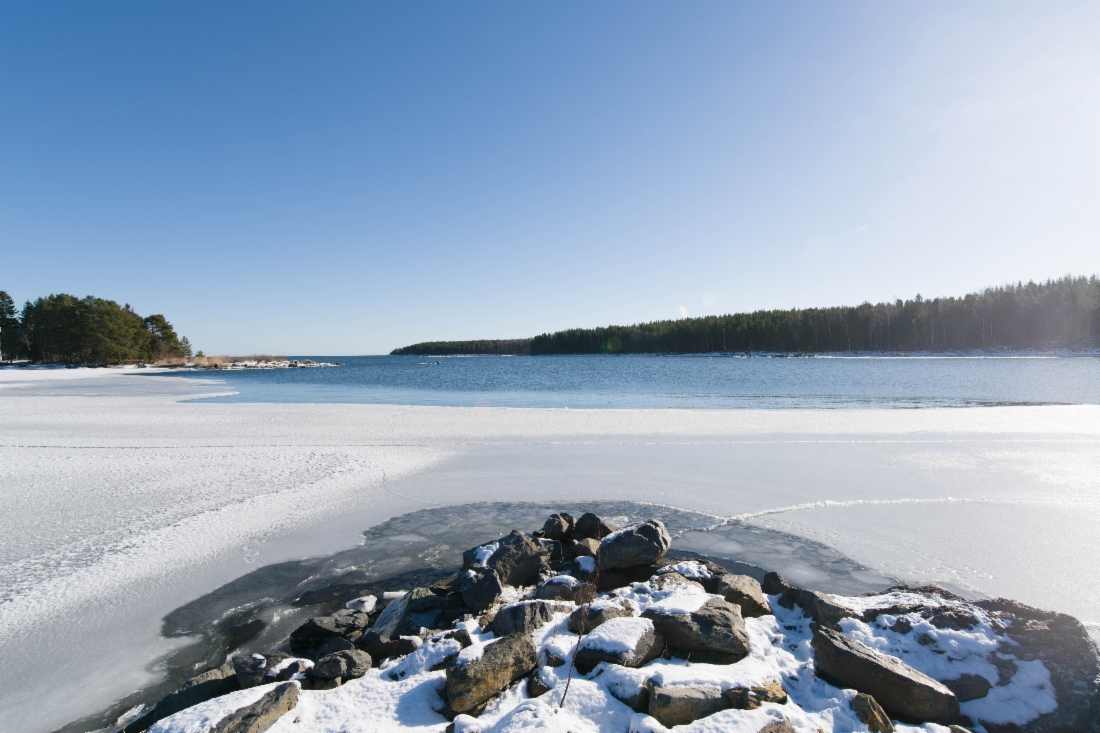Construction and operation permit for Nord Stream 2 granted by Sweden

Nord Stream 2 AG
Baarerstrasse 52
6300 Zug
Switzerland
Moscow Branch
7/3 Znamenka St.,
119019 Moscow, Russia
+7 495 229-65-85
+7 495 229 65 80 fax
St. Petersburg Branch
14a Reshetnikova St.,
196105 St. Petersburg, Russia
+7 812 331-16-71
+7 812 331 16 70 fax
News from projects and regions
Nord Stream 2 AG today obtained the permit to construct and operate the Nord Stream 2 gas pipeline in the Swedish Exclusive Economic Zone (EEZ). The permit for an approximately 510-kilometer section in the Swedish EEZ was granted by Sweden’s Ministry of Enterprise and Innovation, which is in charge of the application. The 1,230-kilometer-long Nord Stream 2 gas pipeline will transport natural gas from Russia to the European Union across the Baltic Sea.
“This is an important milestone for our project. We are pleased to have obtained the Swedish government’s approval to construct and operate Nord Stream 2,” said Lars O Gronstedt, Senior Advisor for Nord Stream 2. “We are now looking forward to continuing the productive cooperation and open dialogue with the Swedish authorities during the upcoming construction phase,” said Nicklas Andersson, Permitting Manager Sweden at Nord Stream 2. Seabed intervention works, such as the construction of rock berms and concrete mattresses for cable crossings, will commence within months, while pipelaying in the Swedish EEZ is scheduled to start later this year.
Nord Stream 2 AG is already in possession of all permits required for the construction and operation of the pipeline in Germany and Finland. The national permitting procedures in the two remaining countries along the route – Russia and Denmark – are proceeding as planned.
Background
Nord Stream 2 is an international project for the construction of a gas pipeline across the Baltic Sea. The pipeline will provide reliable supplies of Russian natural gas to European consumers via the best possible route. Nord Stream 2 will largely follow the route and technical concept of the successful Nord Stream pipeline. The new gas pipeline will have the capacity of 55 billion cubic meters of gas per year, which will be sufficient to provide 26 million households with heat and electricity every year. Natural gas supplies will help lower CO2 emissions across the European Union, as well as create a more balanced energy mix with gas substituting for coal in power generation and providing back-up for intermittent renewables such as wind and solar power.




